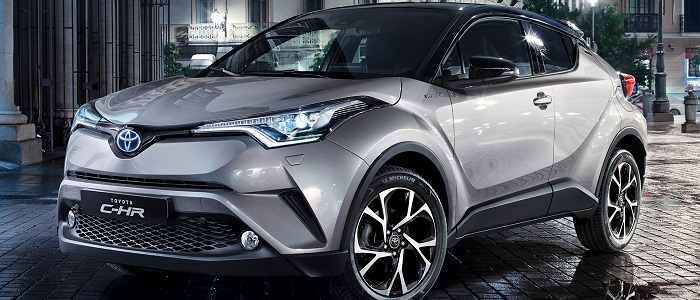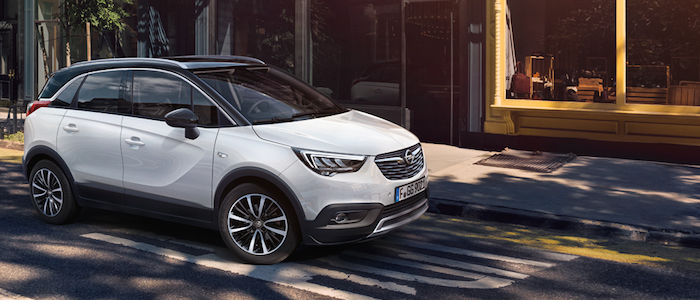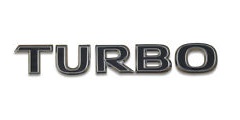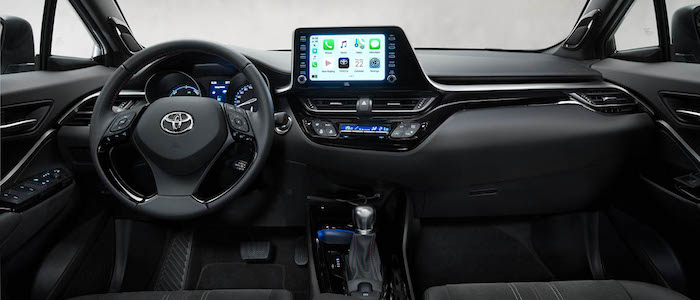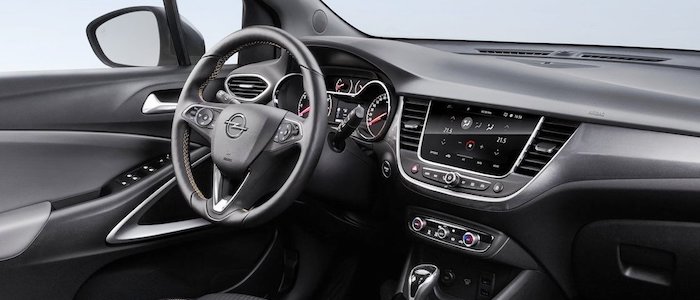Compare two cars
Compare any two cars and get our Virtual Adviser™ opinion
Marketing
Dimensons & Outlines
Engine
Performance (manual gearbox)
Performance (automatic gearbox)
Expenses
Virtual Adviser's™ opinion
Two significantly similar cars, no doubt about that. Still, each one has something different to offer. Having both cars powered by petrol engines and utilizing the 5-door suv body style within the same 'SUV' segment, the only major difference here really is their wheel drive configuration (4 x 4 for the Toyota and front in the case of the Opel). The first one has a Toyota-engineered powertrain under the hood, a 4-cylinder, 16-valves 116hp unit, while the other one gets its power and torque from a 3-cylinder, 12-valves 110hp engine designed by Peugeot.
SafetyBoth vehicles got tested by European New Car Assessment Programme (Euro NCAP), with the same number of safety stars gained in the process. Still, apart from the official crash test results there are other things we need to be aware of. Both vehicles belong to the suv segment, which is generally a very good thing safety-wise, but that fact doesn't break the tie between the two cars. Furthermore, when it comes to weight, a factor that most people underestimate, the Japanese car offers a considerable difference of 25% more metal.
ReliabilityReliability is not the best thing to consider on the make level, but it is worth mentioning that Toyota does have a slight advantage, all the models observed together. These are the official statistics, while our visitors describe reliability of Toyota with an average rating of 4.6, and models under the Opel badge with 4.2 out of 5. Independent research findings rank C-HR as average reliability-wise, and Crossland X is more or less at the same level.Above it all, drivers of cars with the same engine as the Japanese car rank it on average as 3.9, while the one under the competitor's bonnet gets 3.3 out of 5.
Performance & Fuel economyOpel is a bit more agile, reaching 100km/h in 0.8 seconds less than its competitor. In addition to that it accelerates all the way to 188 kilometers per hour, 8km/h more than the other car. When it comes to fuel economy the winner has to be the German car, averaging around 4.8 liters of fuel per 100 kilometers (59 mpg), in combined cycle. We can't ignore that 31% difference compared to the Japanese car.
Verdict
Toyota appears just a bit more reliable, although the difference is truly marginal. The most important thing when deciding between any two vehicles should always be safety, both passive and active. In my opinion, everything taken into account, the Japanese car offers significantly better overall protection, taking the lead here. From there things take a different direction, with Opel offering somewhat better performance, just enough to call it quicker. To make things even better, it consumps less fuel! No mistake, whatever you decide here, but I'd still go for the Opel. Anyway, that's the most objective conclusion I could've came up with and it's based solely on the information found on this website. Aspects such as design, practicality, brand value and driving experience are there for you to measure them out. In case you have two minutes to spare I invite you to define your needs, desires and budget and see which car would be chosen by the virtual adviser™, among more than 12.000 different ones in our database.























